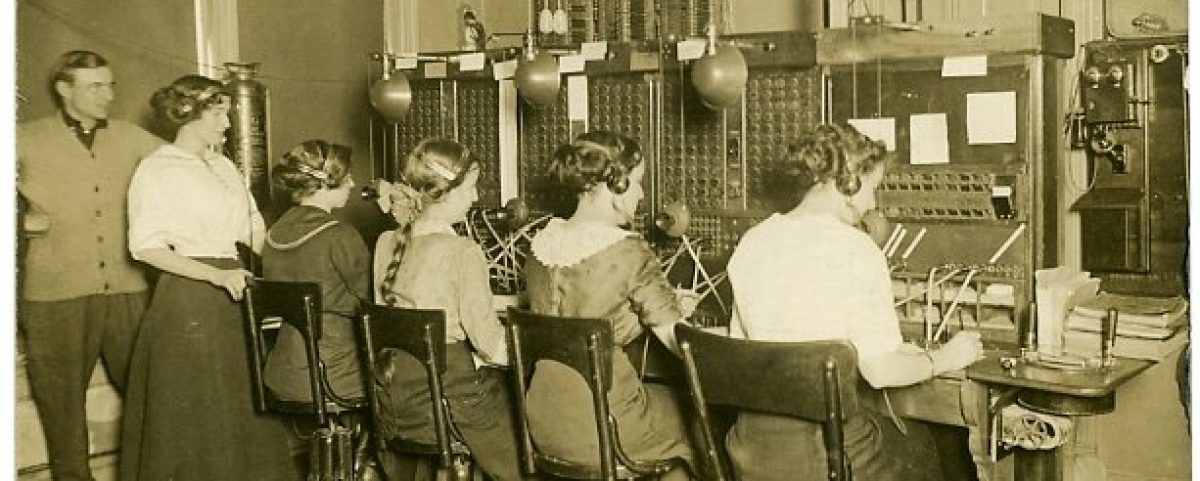During a genealogy class I led at the South Coastal Library in Bethany Beach, we delved into advanced methods for tackling complex family history inquiries. After asking the class to provide examples of challenging problems, Tim Gavin offered this fascinating account about his ancestor, Joseph V. Wise, who served in the 7th U.S. Calvary during the Indian Wars.
Tim and his cousin used military records to uncover many details about Private Wise’s life. They learned that he enlisted in the 7th U.S. Calvary on July 30, 1866, and was guarding cattle and horses near Fort Dodge, Kansas, when a Kiowa Indian raid occurred on June 12, 1867. Private Wise sustained wounds in three places and died the next day at the fort hospital.
While Tim and his cousin had some clues from various databases, the Family Bible, and stories passed down by the generations, they found the most valuable information in the military records of the National Archives. The 37-page pension file contained lots of information. For example, Wise’s mother, Elizabeth, began receiving a monthly pension of $8.00 from the U.S. Government starting April 1, 1868.
Through their hard work, Tim and his cousin also discovered that the Army Medical Museum had preserved the arrows that killed Private Wise. They were able to obtain photos of the arrows from the museum curator.
Tim’s research highlights how exploring historical records can unearth remarkable details about ancestors. If you face challenges in your genealogical research, check out digital collections at the National Archives, particularly military records. The institution has made significant progress in digitizing its collections, which can be a valuable resource for historians and genealogists.
I want to thank Tim for sharing his intriguing story and allowing me to view some family artifacts, such as the Wise Family Bible he brought to one of the classes.
Here are a few links from the FamilySearch Wiki that provide more guidance on military and pension records.
FamilySearch Resources for Military Records
- United States Military Records • FamilySearch
- United States Military Pension Records • FamilySearch
- United States Indian Wars, 1780s-1890s • FamilySearch


